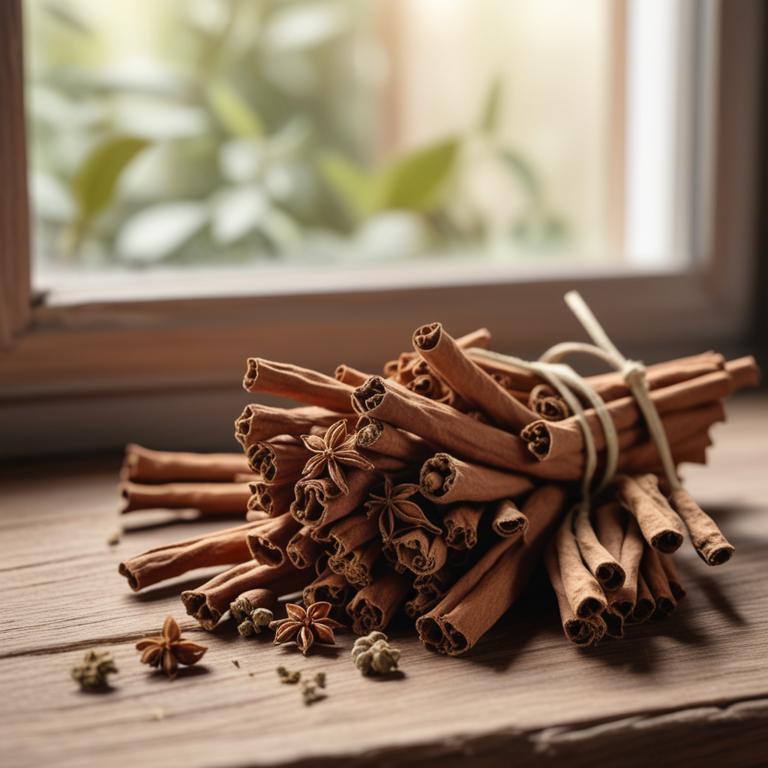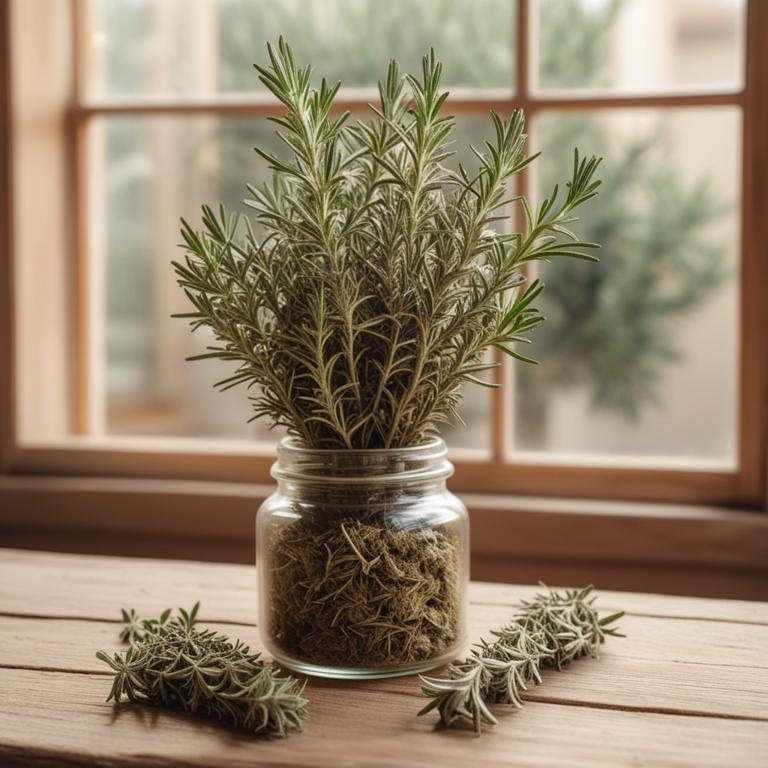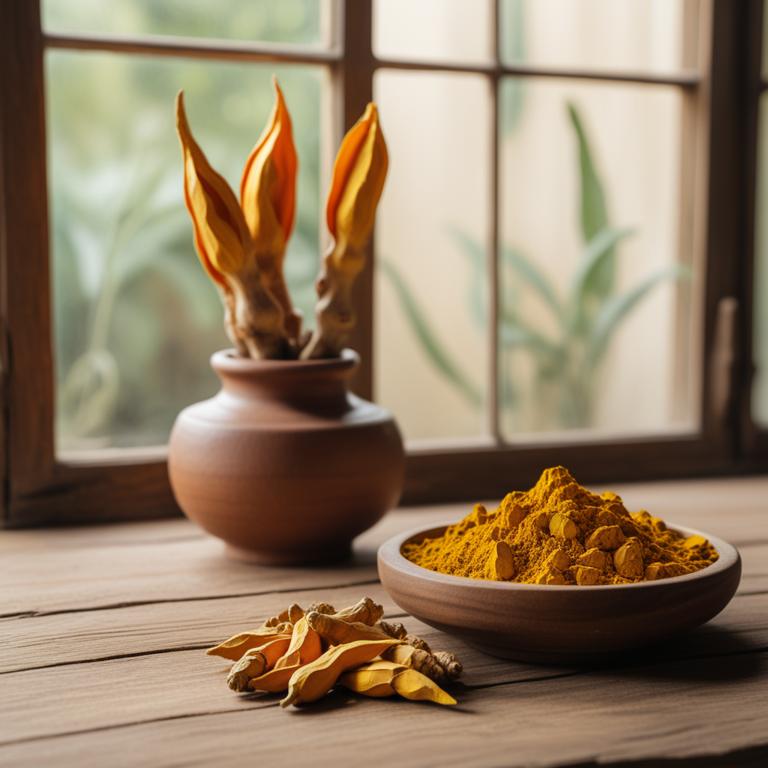Updated: Dec 1, 2024
Medicinal Herbs and Herbal Remedies for Dry Lips: Causes and Treatment
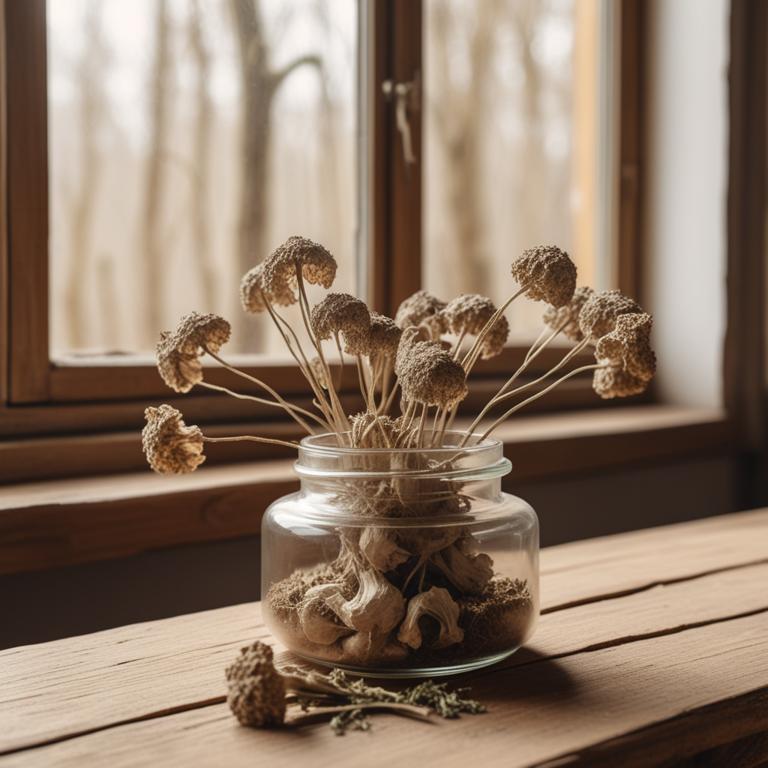
Dry lips can be a real nuisance, making everyday tasks like eating, speaking, and even smiling uncomfortable.
The skin on your lips gets dry and cracked, often due to cold weather, dry air, or over-washing your face. Sometimes, it can be a side effect of a medical condition, a vitamin deficiency, or even a reaction to a certain medication. There are some amazing herbs that can help soothe and heal dry lips.
Aloe vera is a well-known remedy, but other herbs like comfrey, calendula, and chamomile also have wonderful properties to calm and moisturize dry skin. You can use these herbs to make a soothing lip balm or lip salve. You can also make a tea by infusing comfrey or calendula in hot water, then letting it cool before applying it to your lips with a cotton swab.
The anti-inflammatory properties in these herbs will help calm the dryness and irritation.
Table of Contents
What factors cause dry lips?
The main causes of dry lips are a combination of environmental and internal factors.
Cold weather can cause dry lips by stripping away the natural moisture from the skin, making it dry and cracked. Dry air in the environment also plays a significant role, as it lacks moisture that the skin needs to stay hydrated. Wind, especially cold wind, further exacerbates the problem by taking away the remaining moisture from the skin.
This is why people often experience dry lips in the winter months. Another cause is dry skin, which can be a result of various factors such as genetics, aging, or skin conditions like eczema. Nutritional deficiency, particularly a lack of essential vitamins and minerals like vitamin B, iron, and omega-3 fatty acids, can also lead to dry lips.
This is because these nutrients play a crucial role in maintaining healthy skin and mucous membranes.
What are the benefits of using herbs for dry, irritated lips?
Using herbs for dry lips can be super helpful.
For one, they can help lock in moisture, which is exactly what dry lips need. These herbs have natural oils and waxes that create a protective barrier on your skin, preventing dry air from sucking the moisture out.
This means you can say goodbye to chapped, flaky lips that crack and bleed easily. Plus, many herbs have anti-inflammatory properties that can soothe and calm irritated skin, reducing redness and discomfort. Some herbs can even help promote healing, which is great if you get cold sores or fever blisters on your lips.
By applying these herbs to your lips, you can keep them soft, smooth, and healthy-looking.
What are the key medicinal herbs for dry lips?
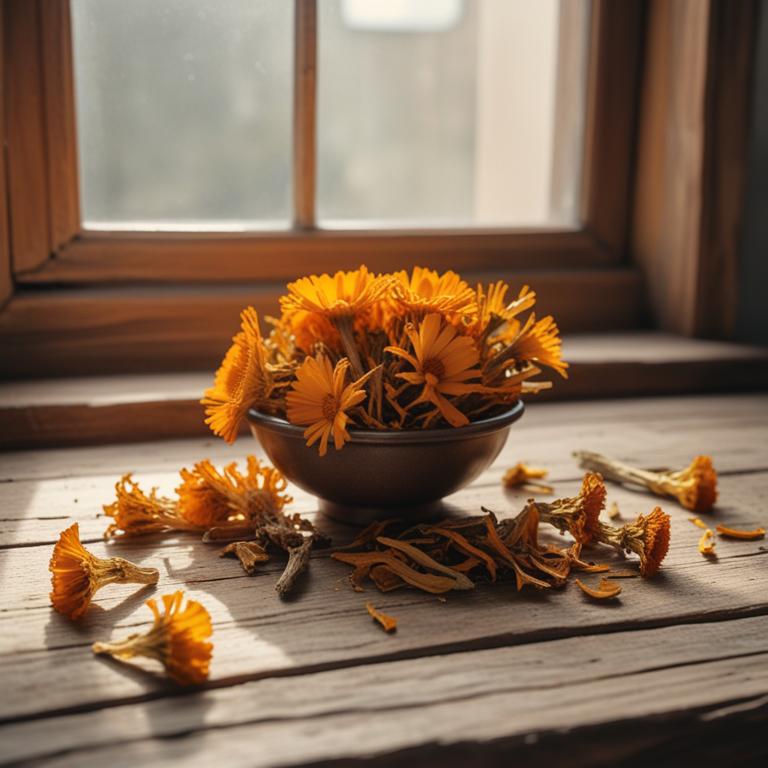
Herbs are a great solution for dry lips because they're rich in natural ingredients that can soothe and moisturize.
Calendula officinalis, also known as pot marigold, has anti-inflammatory properties that can reduce redness and swelling in dry lips. Aloe barbadensis, or aloe vera, is well-known for its hydrating properties and can help lock in moisture to keep lips soft and smooth. Mentha x piperita, or peppermint, has a cooling effect that can help calm dry, irritated skin on the lips.
Silybum marianum, or milk thistle, has antioxidant properties that can protect the skin from damage caused by free radicals, which can contribute to dryness and irritation. Echinacea purpurea, also known as coneflower, has immune-boosting properties that can help your body fight off infections that can cause dry, chapped lips. When you use herbs like these to care for your dry lips, you're giving your skin the natural ingredients it needs to heal and stay healthy.
For example, you can apply calendula or aloe vera directly to your lips, or mix peppermint or echinacea into a lip balm to create a soothing, moisturizing treatment.
What are the most popular herbal treatments for dry lips?
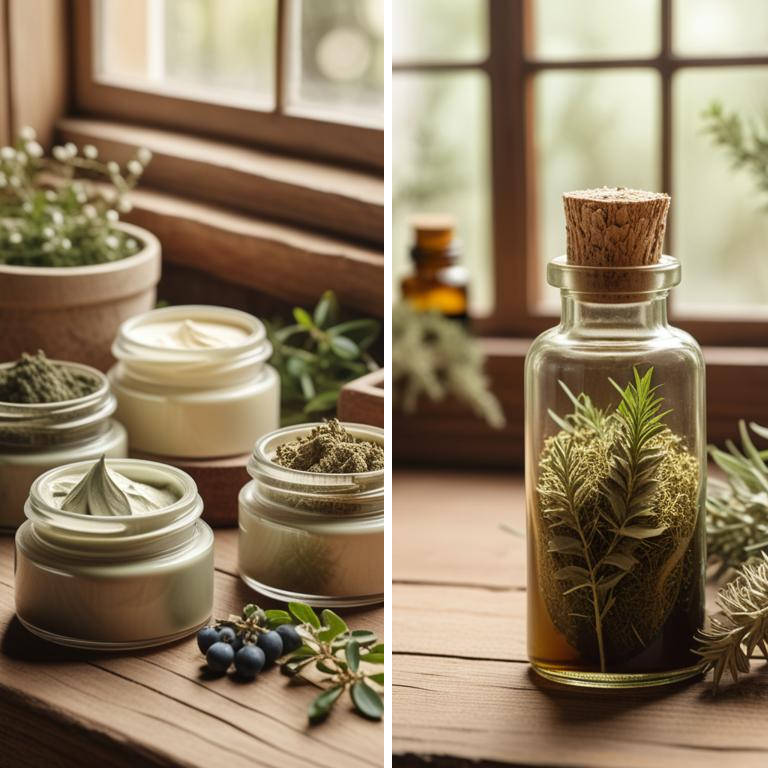
If you have dry lips, there are many herbal preparations that can help.
One of the best options is Aloe cream. Aloe is known for its soothing properties and can help to lock in moisture. It's also easy to apply and won't feel greasy. Honey gel is another great option. Honey has antibacterial properties that can help to fight off infections that can cause dry, cracked lips. It also has a thick, protective layer that can help to lock in moisture.
Coconut oil is a popular choice too. It's rich in fatty acids that can help to nourish and moisturize dry lips. Aloe tincture is another option, but it's usually used as a more intense treatment. It's made from the pure extract of aloe and can be applied directly to the lips. Lip balm can also be helpful, especially if you need something that will last all day. Some lip balms contain beeswax, which can help to lock in moisture and protect the lips from the elements. Look for lip balms that contain natural ingredients, like coconut oil or shea butter.
These will be gentler on the lips and more effective at moisturizing them.
Additional Resources:
What herbs can cause discomfort in people with dry lips?
If you have dry lips, it's a good idea to limit your use of certain herbs that can make things worse.
For instance, Eucalyptus globulus oil is often used in lip balms and products to help soothe and calm dry skin, but it can be quite harsh. When used on dry lips, it can strip away what little moisture they have, making things even drier. Zingiber officinale, or ginger, is another herb to be cautious with. While it's great for digestive issues and pain, it can also cause dryness and irritation if used in lip care products.
The same goes for Rosmarinus officinalis, or rosemary - it can be too intense for dry lips and make them even drier. Thymus vulgaris, or thyme, is also another herb to limit your use of. It can be quite drying, especially if used in high concentrations. Cassia auriculata is a bit of a tricky one - while it's often used to treat skin issues, it can also cause dryness and irritation if not used carefully.
If you're someone with dry lips, it's best to avoid these herbs or at least use them in very small amounts and with caution.
FAQ
Are there any specific herbs that can prevent dry lips?
Aloe vera is a popular herb for soothing dry lips.
It has moisturizing properties that help lock in moisture and reduce dryness. Beeswax is also sometimes used in lip balms as it creates a protective barrier on the skin, keeping it hydrated.
These natural ingredients can help keep your lips soft and smooth.
Is it safe to use herbal remedies for dry lips during pregnancy?
When it comes to dry lips during pregnancy, some herbal remedies can be used with caution.
However, it's essential to check the ingredients and avoid anything with strong scents or oils that might be too potent.
Choose products with gentle, natural ingredients like aloe vera or honey, and apply them sparingly to avoid any potential irritation.
Are there any herbs that can reduce the frequency of dry lips?
Aloe vera has moisturizing properties that can help soothe and hydrate dry lips.
It can be applied directly to the affected area, providing temporary relief.
Additionally, herbs like chamomile and peppermint have anti-inflammatory properties that can reduce lip irritation and promote healthy lip tissue.
Related Articles
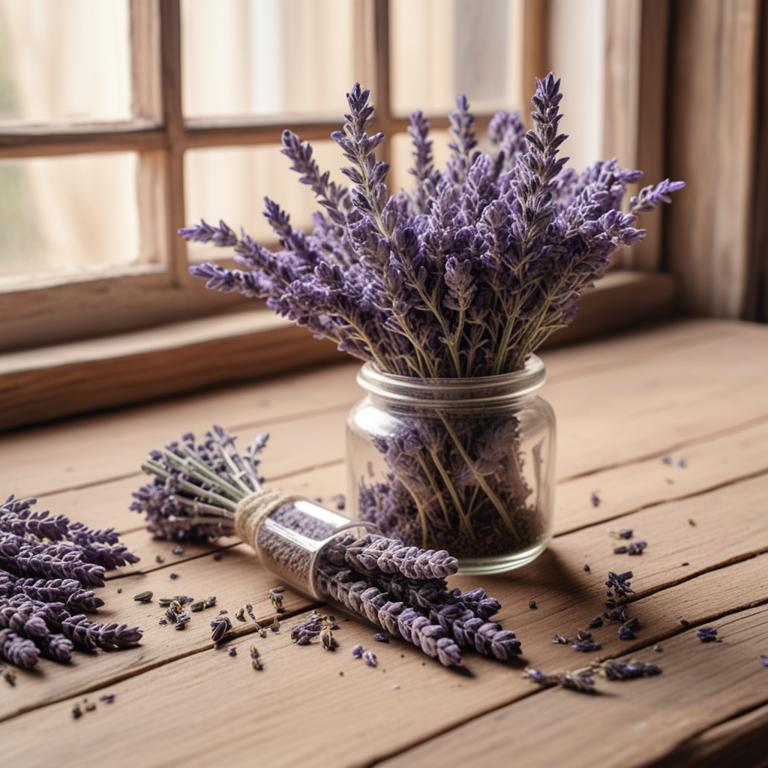
Causes and Herbal Solutions for Oily Hair
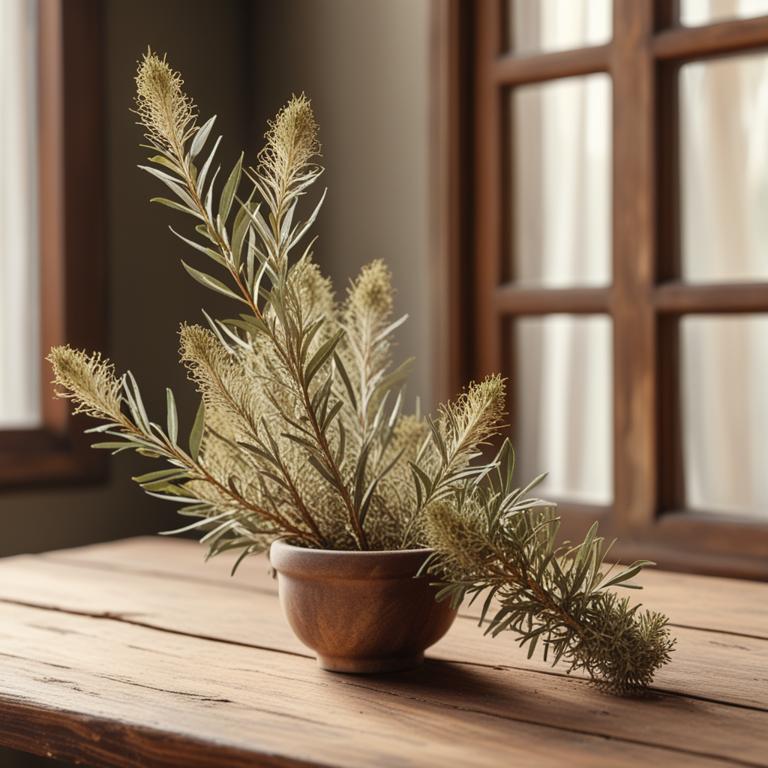
Sunburn Treatment Options: Medicinal Herbs, Herbal Preparations, and Natural Remedies

Causes, Symptoms, and Herbal Remedies for Periodontal Disease Prevention and Management
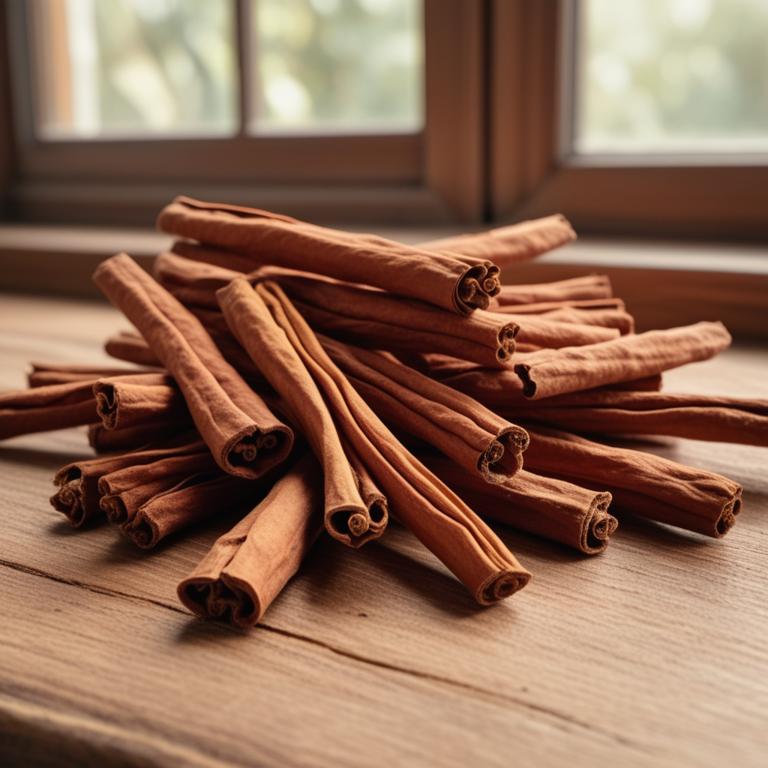
Overcoming Bad Breath with Medicinal Herbs and Herbal Remedies
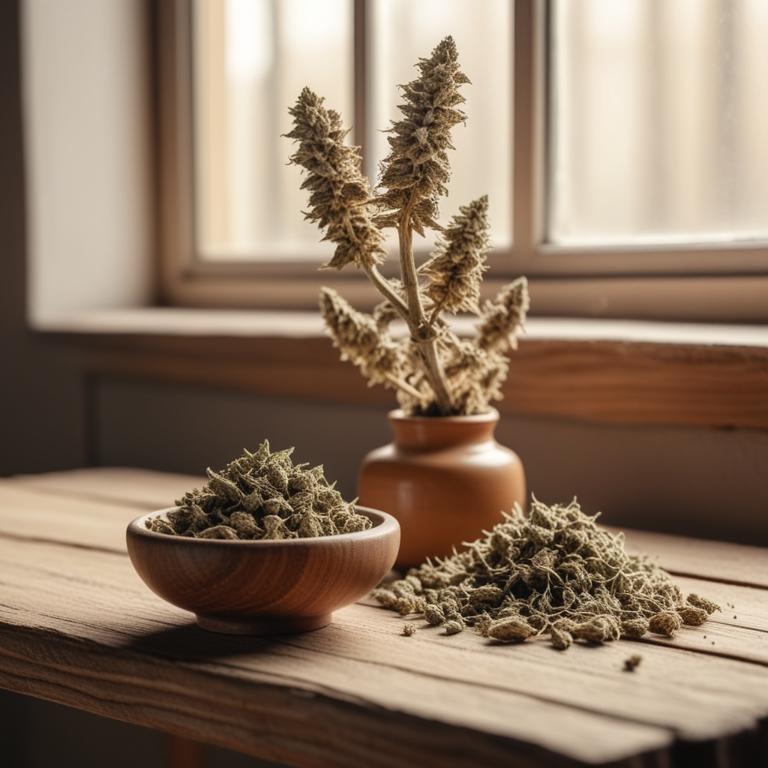
Dry Scalp and Herbal Remedies: Understanding Causes and Treatment Options
